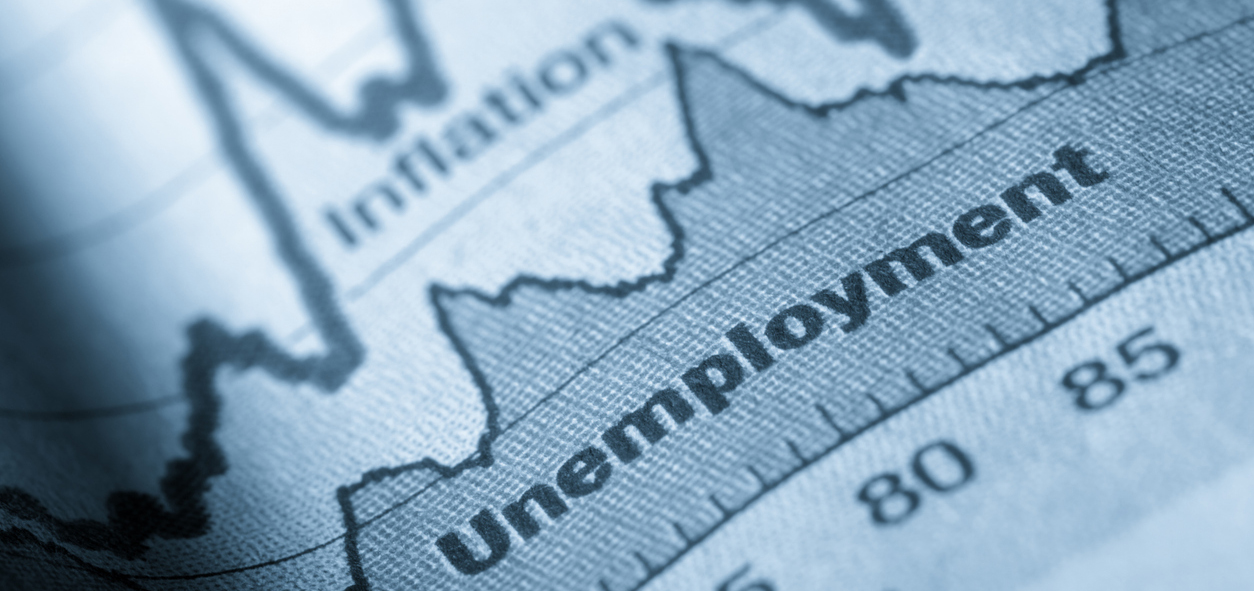The Importance of Investment Recordkeeping

When you invest, your accounts generate records ranging from trade confirmations and periodic account statements to copies of IRS Form 1099 filings. As your portfolio expands, you might find the volume of information overwhelming. But reviewing and managing your account information is essential. It's the only way to ensure that your funds were invested in line with your instructions and there were no unauthorized transactions or withdrawals. In addition, keeping good records of your investments provides you with a history of their performance and can save you time and money in the future.
It's a good idea to save key investment records, whether as hard copies or digitally. This might mean printing them out if you’ve chosen to go paperless with a financial institution. Or you can download digital records and store them on your computer or mobile device.
By organizing your investment records efficiently, you'll have important information on hand when you need it, including when you file tax returns or if there are problems with your brokerage firm. There are times when it makes sense to generate records yourself. For example, if you question a specific transaction, you can begin with a phone call, but you'll want to send a follow-up letter or email. This documentation can be an important part of making a formal complaint and pursuing a resolution.
Preparing Tax Records
Keeping good investment records simplifies the process of preparing your federal, state and local income tax returns. Unless your investments are in a tax-deferred account such as an IRA or 401(k), you must pay taxes on stock dividends, mutual fund distributions and interest income from bonds and cash investments. This applies even if the dividends and distributions were reinvested or your interest income wasn’t received in cash, as with zero coupon bonds.
By maintaining records, you'll also have your cost basis, which is what you originally paid for an investment when you bought it plus the cost of making the investment, such as commissions. Brokerage firms have cost-basis reporting obligations; however, you should still keep good records of your transactions. Knowing your cost basis is important when you sell an investment since you’ll either owe capital gains tax on profits or be able to use capital losses to offset other gains or ordinary income.
Having accurate information handy helps ensure that you pay what you owe—but not more. If you don't keep thorough investment tax records, you might find yourself spending hours as the filing deadline approaches—or passes—gathering information that you could have compiled earlier. Hiring an accountant isn’t the solution to bad recordkeeping since they’ll require complete and accurate information to prepare your returns.
Storing Investment Records
Once a year, it's a good idea to overhaul your records, safely discarding those that you no longer need. For example, once your financial institution provides an end-of-year summary detailing all your transactions, you can usually dispose of the statements you received throughout the year.
Long-term storage items should include:
- End-of-year summary account statements from your brokerage firm, mutual fund company or other financial institution where you have an investment account, plus year-end statements from any college and retirement savings plans.
- Copies of your annual IRS Form 1099s, which show dividends, interest and realized capital gains from your investments.
- Copies of your federal, state and local tax returns for up to seven years after filing, along with supporting documentation.
- Transaction records confirming your purchase or sale of stocks, bonds and other investments.
- Copies of your IRA or 401(k) plan documents.
With regard to documents related to your tax filings, the IRS has a three-year period of limitations in most cases, but there are exceptions that can extend this to six or more years, such as situations involving concerns of fraud or significant error. Speak to a tax professional if you’re unsure whether to keep or destroy a tax document.
Additionally, since your brokerage firm isn’t required to keep records related to your securities transactions indefinitely, you should maintain this information for as long as you hold an investment and for at least several years after you’ve sold the position. Check with your financial professional to verify which documents you can get rid of and when. Keep in mind that there’s some documentation your beneficiaries will need after your death, so be sure to ask about and plan for those needs.
When you do discard investment records, shred them—either manually or using a computer shredding program—to reduce the risk of someone accessing your information. This is particularly important for any records bearing your account numbers or personal identification information.





